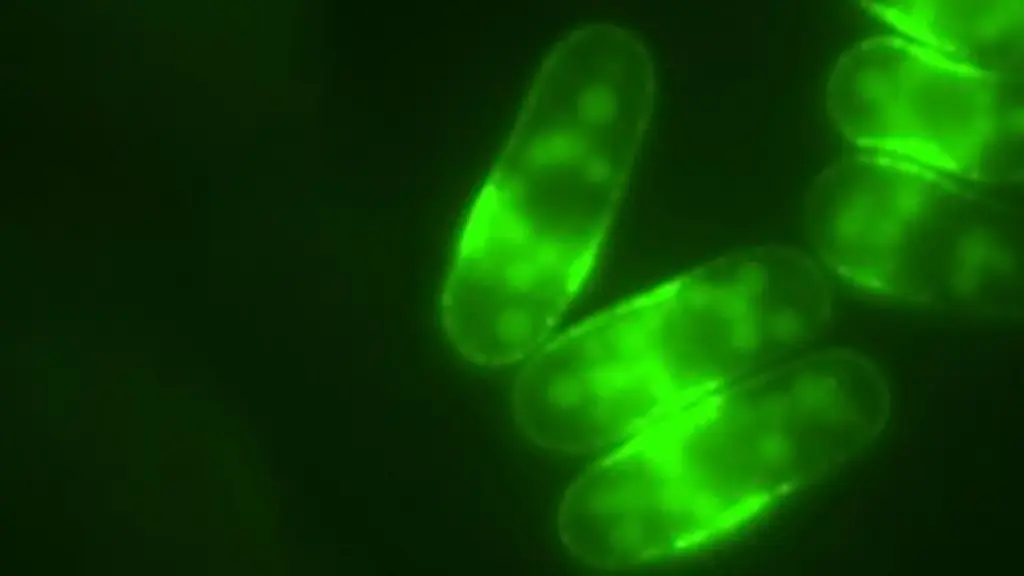
A groundbreaking study from the Cellular Ageing and Senescence laboratory at Queen Mary University of London’s Centre for Molecular Cell Biology has unveiled a fascinating link between caffeine and cellular longevity. Published in the journal Microbial Cell, the research reveals how caffeine, the world’s most consumed neuroactive compound, may contribute to slowing the ageing process at a cellular level.
Caffeine has been associated with various health benefits, including a reduced risk of age-related diseases. However, the precise mechanisms through which it operates within cells, particularly its interactions with nutrient and stress-responsive gene and protein networks, have remained elusive—until now.
Exploring the Cellular Impact of Caffeine
The study’s researchers utilized fission yeast, a single-celled organism that shares significant similarities with human cells, to uncover caffeine’s role in cellular ageing. The team discovered that caffeine influences ageing by engaging an ancient cellular energy system.
Previously, the same research group had identified that caffeine extends cellular lifespan by interacting with a growth regulator known as TOR (Target of Rapamycin). TOR acts as a biological switch, dictating cell growth based on available food and energy, a function it has performed for over 500 million years.
The Surprising Role of AMPK
In their latest study, the scientists made a surprising discovery: caffeine does not directly affect the TOR growth switch. Instead, it activates another crucial system called AMPK, which serves as a cellular fuel gauge conserved across yeast and humans.
“When your cells are low on energy, AMPK kicks in to help them cope,” explains Dr. Charalampos (Babis) Rallis, Reader in Genetics, Genomics, and Fundamental Cell Biology at Queen Mary University of London, and the study’s senior author. “And our results show that caffeine helps flip that switch.”
Interestingly, AMPK is also the target of metformin, a widely used diabetes medication currently under investigation for its potential to extend human lifespan, alongside rapamycin.
Implications for Health and Longevity
Using their yeast model, the researchers demonstrated that caffeine’s impact on AMPK affects how cells grow, repair DNA, and respond to stress—all processes intricately linked to ageing and disease.
“These findings help explain why caffeine might be beneficial for health and longevity,” said Dr. John-Patrick Alao, the postdoctoral research scientist leading this study. “And they open up exciting possibilities for future research into how we might trigger these effects more directly—with diet, lifestyle, or new medicines.”
The implications of this study are significant, as they suggest that the simple act of consuming coffee may offer more than just a mental boost. It could also provide a cellular advantage, potentially contributing to a longer and healthier life.
Future Directions and Potential Applications
The announcement comes at a time when the scientific community is increasingly focused on understanding and harnessing the mechanisms of ageing. The potential to manipulate these pathways through everyday substances like caffeine opens new avenues for research and therapeutic development.
As scientists continue to explore the connections between diet, lifestyle, and cellular health, the findings from this study could pave the way for novel interventions aimed at promoting longevity. Whether through dietary adjustments, lifestyle changes, or the development of new pharmaceuticals, the activation of AMPK presents an exciting target for future exploration.
Meanwhile, for coffee enthusiasts, this research provides an intriguing perspective on their daily ritual. The next time you reach for your morning brew, consider the possibility that you might be doing more than just kickstarting your day—you could be giving your cells a helping hand in the fight against ageing.







